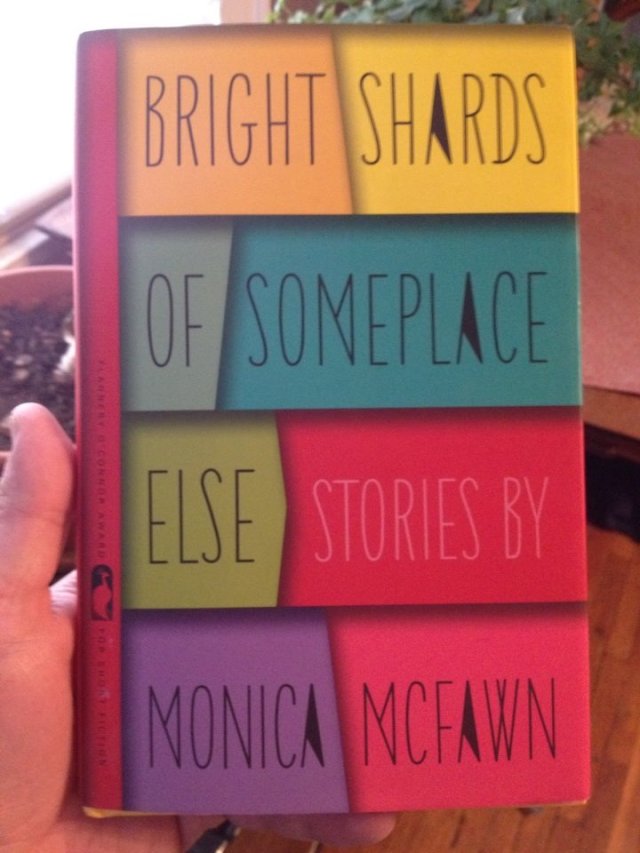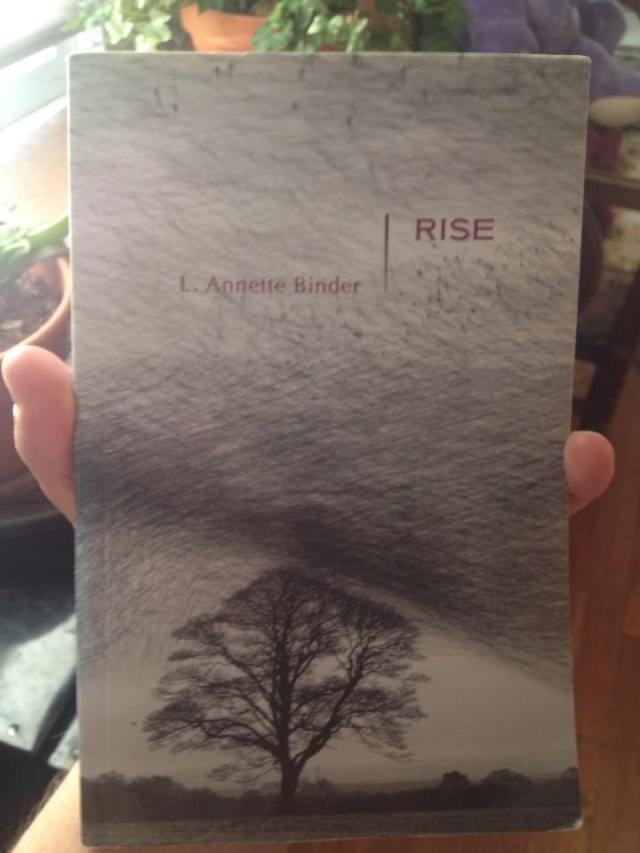Today should be a special day on Story366. After all, today is day number 366, Leap Day, the extra day that inspired the project’s name. I’ve been thinking about how I would celebrate today, what I could do that would be special or different, to signify the occasion. Maybe I’d do my favorite short story, but I’d have to commit to whatever that is (“A Good Man Is Hard to Find” keeps sticking out), or for something completely different, do one of my own stories, maybe the first story I ever published (in StoryQuarterly back in 1998). I wasn’t ready to commit to either of those ideas, plus, I’d grabbed Dan Chaon’s book from the stack of books yesterday and started reading. All in all, I decided that Chaon was a great choice, for a couple of reasons, and that I’d just get a big “366” tattooed on my lower back later tonight if I didn’t think I’d partied quite as hardily as I could have.
I’ve been a fan of Chaon’s every since I read “Fitting Ends” in Best American Short Stories in 1995. That was an important volume for me, as it’s the first I bought and read all the way through when it first came out. It also had a story in it from Mid-American Review, still that mag’s only appearance in the anthology, which was exciting because it was my first year on the staff as a graduate student, and the story was by my undergraduate mentor and still-friend Jean Thompson. I can still name most of the stories from that edition, including Chaon’s. I learned a good trick that year, too, to pick the stories I liked the most, then go out and read the entire collection by that author. I soon found myself reading the collection Fitting Ends, and not long after, Chaon sent, unsolicited, a story to MAR, which we gobbled up. We also had him in to do a reading, he sent more stories to MAR, and I’ve been a huge fan of his ever since. Without question, he makes a fitting Leap Day selection.
Today’s story, “Patrick Lane, Flabbergasted,” is from Chaon’s latest collection, Stay Awake. One of Chaon’s stories that I published in MAR, “Thinking of You in Your Time of Sorrow,” is in this collection, and I’ve read a couple of others for today, “Patrick Lane” and “To Psychic Underworld.” These stories have eerie connections, similarities. Both titles are taken from random scribblings each protagonist finds, both deal with mopey guys ambling through life, and both sport similar introspective endings (which I won’t reveal here).
“Patrick Lane, Flabbergasted” is not about Patrick Lane, but a guy named Brandon who is having a rough time in life. He’s twenty-nine and working at a grocery store as a stocker/bagger, living in his dead parents’ house, and avoiding big social events, such as funerals of friends from high school. He plays video games, eats carry out, and hasn’t finished school. The words “Patrick Kane, Flabbergasted” are just bathroom stall graffiti, something that stick with Brandon, something he wonders about. He wonders about a lot of things, actually, like if that one mushroom trip he had in ninth grade is ruining his life, or if he’s dangerously addicted to video games. Brandon is a slacker, through and through, and it’s a testament to Chaon’s writing—his voice, his detail, his flow—that this story is a page-turner. Really, if a creative writing student came up to you and said his or her story was about this guy who’s a big loaf of lazy bread who lies around and plays video games all day, you’d tell them that their story needed a car chase, maybe a steamy sex scene. Chaon makes slacker fascinating. I was magnetized to every line.
Perhaps Chaon’s most efficient tool is his rate of reveal, as we find out, about halfway through, the backstory behind Brandon’s predicament. One day, he came home from work to find a note from his parents, apologizing for what they’ve done, telling him not go into their bedroom, to call the police, that they love him very much. Chaon waits until this moment to tell us that Brandon’s parents committed suicide, in the house he lived with them in; without warning, they pulled this stunt and made him be the one to find them. Suddenly, Brandon, along with his laziness and lack of ambition, makes more sense, or at the very least, seems sympathetic. It’s an out-of-right-field move, a shock, more impactful than any car chase or steamy sex scene. It’s a gutsy move, what Chaon pulls here, and in a lesser writer’s hands, it would come off as, for the lack of a better word, incorrect. Chaon sells it, though. The backstory and plot fall like dominoes after and Brandon becomes such a different character, evolving. To Brandon, though, he’s always been the same guy: We’re the ones who change.
Dan Chaon is a fine storywriter and novelist, one of my favorites, and considering most other writers on this list are fabulists or absurdists, that’s quite a feat, Chaon the rare realist I anticipate and enjoy so much. He’s truly one of America’s great voices, well worthy of Story366‘s title entry.










